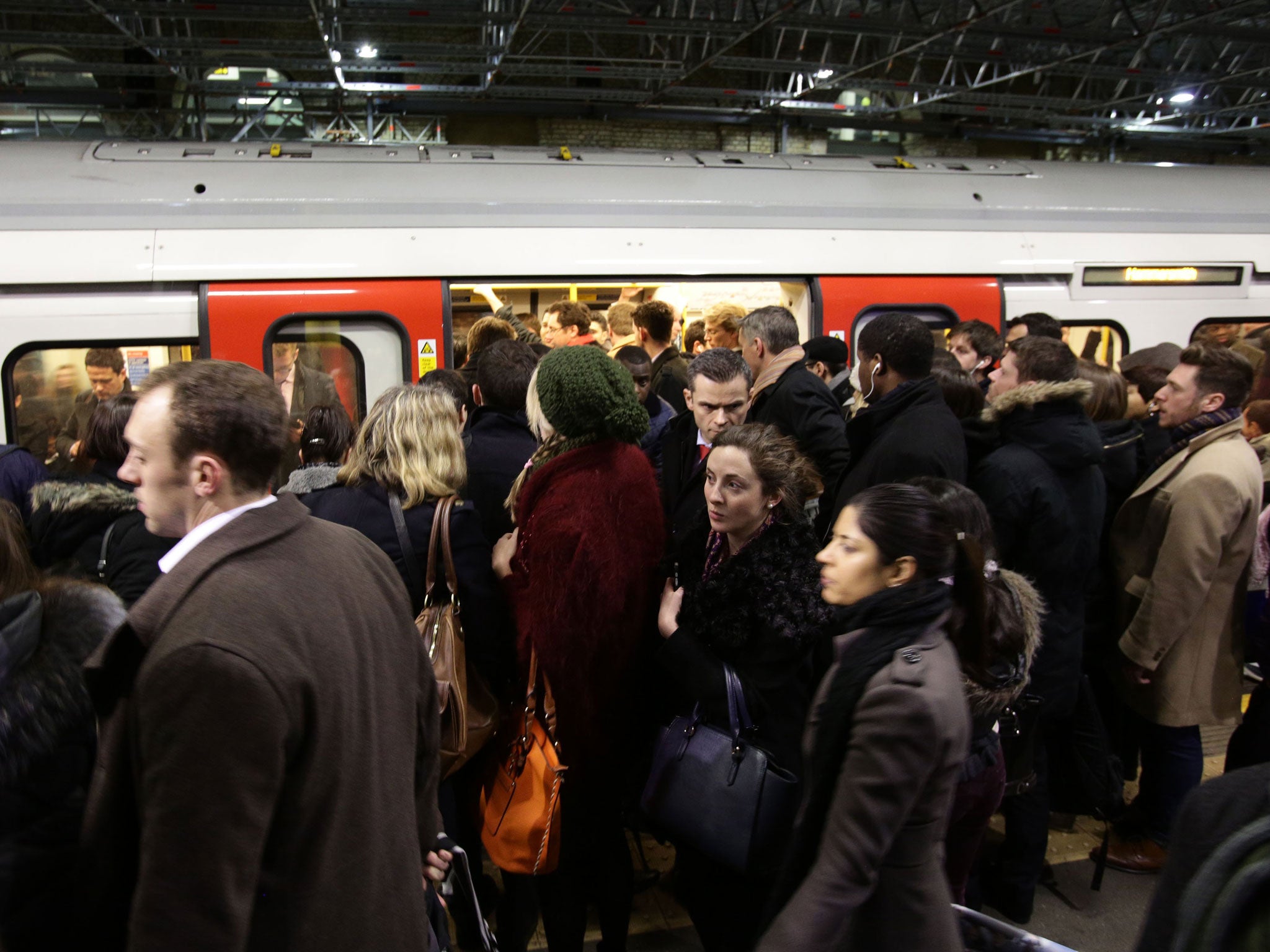Study finds commuters have “lower life satisfaction” than non-commuters

In search of another reason to envy your friend who works from home? Look no further...
A new survey released by ONS shows commuting do work does, in fact, impact well-being, with commuters feeling less happy and satisfied with their lives and more anxious than non-commuters. The study showed levels of happiness decreased as commute lengths increased for journeys of up to three hours. The results also indicate method of transportation (private vehicle, train, etc.) impact commuters in different ways, with those who took the train experiencing higher levels of anxiety and those traveling by bus feeling that their daily activities are less worthwhile.
Scroll through the ONS infographic to learn more.
Join our commenting forum
Join thought-provoking conversations, follow other Independent readers and see their replies
Comments
Bookmark popover
Removed from bookmarks